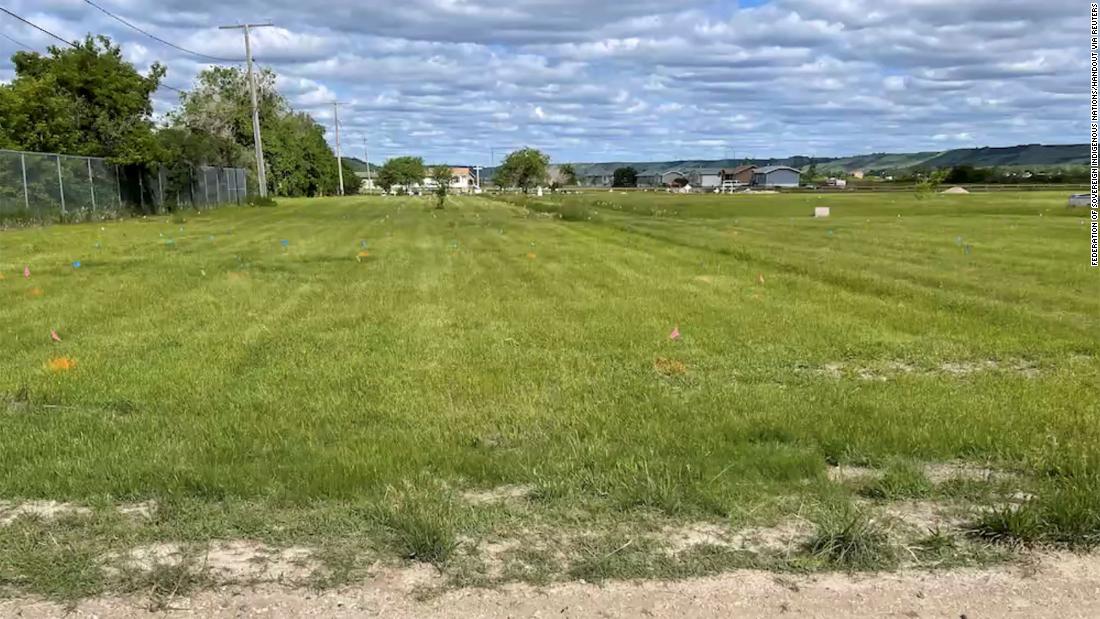The Impact of Demographic Aging on Political Economy
In recent years, demographic aging has emerged as a significant global concern. With advancements in healthcare and declining birth rates, many countries are experiencing a shift in their population structure, characterized by an increasing proportion of older adults. This demographic shift has far-reaching implications, including its impact on the political economy of nations. This article delves into the various ways in which demographic aging influences political economy, exploring both challenges and opportunities that arise as a result.
Understanding Demographic Aging
Demographic aging refers to the process whereby the proportion of older individuals in a population increases over time. This phenomenon is driven by declining fertility rates and increased life expectancy. As a result, the median age of the population rises, posing unique challenges to various aspects of society, including the political economy.
Economic Implications of Demographic Aging
Reduced Labor Force
One of the primary economic consequences of demographic aging is a shrinking labor force. As older adults retire, there are fewer working-age individuals available to support economic growth and productivity. This can lead to labor shortages, reduced innovation, and potential declines in economic output.
Increased Healthcare Costs
With a larger population of older adults, healthcare costs tend to rise. Older individuals generally require more medical care and long-term care services, placing a strain on healthcare systems. This increased expenditure on healthcare can have implications for government budgets and public finances.
Changing Patterns of Consumption
Demographic aging also influences patterns of consumption. Older adults tend to spend differently than younger generations, emphasizing healthcare, housing, and leisure activities. This shift in consumer behavior can have significant effects on industries and markets, necessitating adjustments in business strategies and government policies.
Impact on Social Welfare Systems
As the number of retirees increases, social welfare systems, such as pension and social security programs, face mounting pressure. The sustainability of these systems becomes a critical concern, requiring reforms and adjustments to ensure financial stability and adequacy of benefits.
Political Implications of Demographic Aging
Voting Patterns and Political Preferences
Demographic aging can affect voting patterns and political preferences. Older individuals tend to have higher voter turnout rates and may prioritize issues related to retirement security, healthcare, and social protection. Politicians must understand and respond to the concerns and needs of older voters, which can influence policy agendas.
Policy Priorities and Interests
The changing demographic landscape may necessitate a realignment of policy priorities. With an aging population, there may be a greater emphasis on healthcare, long-term care, and elder-friendly policies. Governments must adapt to these changing needs and allocate resources accordingly.
Intergenerational Equity
The interplay between different generations becomes a key consideration in the face of demographic aging. Balancing the interests of older adults with those of younger generations requires careful policymaking to ensure intergenerational equity. Issues such as taxation, social welfare, and public spending become focal points of political discourse.
Political Stability and Social Cohesion
Demographic aging can also impact political stability and social cohesion. Rapid shifts in the age distribution of a population may create social tensions and generational divides. Addressing these challenges becomes crucial to maintain social harmony and prevent political polarization.
Strategies to Address the Impact of Demographic Aging
Raising Retirement Age
To mitigate the economic challenges associated with demographic aging, some countries consider raising the retirement age. This strategy aims to prolong individuals' working lives, allowing them to contribute to the economy for a longer period and reducing the burden on social welfare systems.
Promoting Immigration and Diversity
Immigration policies can play a role in addressing demographic aging. Encouraging skilled immigrants to contribute to the labor force can help offset labor shortages and bring fresh perspectives to the economy. Additionally, promoting diversity and inclusion can enhance social cohesion and foster economic growth.
Encouraging Active Aging
Active aging programs promote the physical and mental well-being of older adults, enabling them to remain engaged in society and the economy. By providing opportunities for lifelong learning, flexible work arrangements, and accessible healthcare, active aging initiatives harness the potential of older individuals and contribute to the overall economy.
Investing in Healthcare and Long-Term Care
To meet the healthcare demands of an aging population, governments must invest in healthcare infrastructure and long-term care services. This includes ensuring adequate medical facilities, promoting preventive care, and expanding community-based support for older adults. Such investments not only improve the quality of life for older individuals but also stimulate job creation and economic growth.







 English (US) ·
English (US) ·